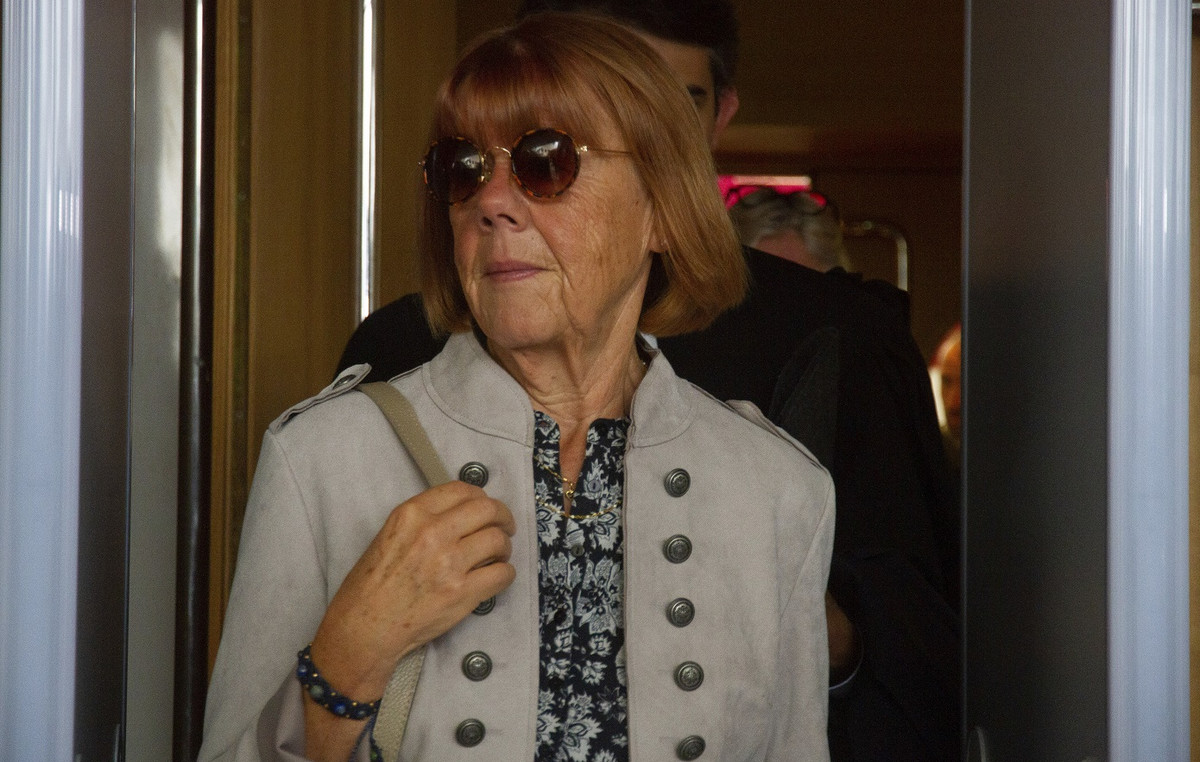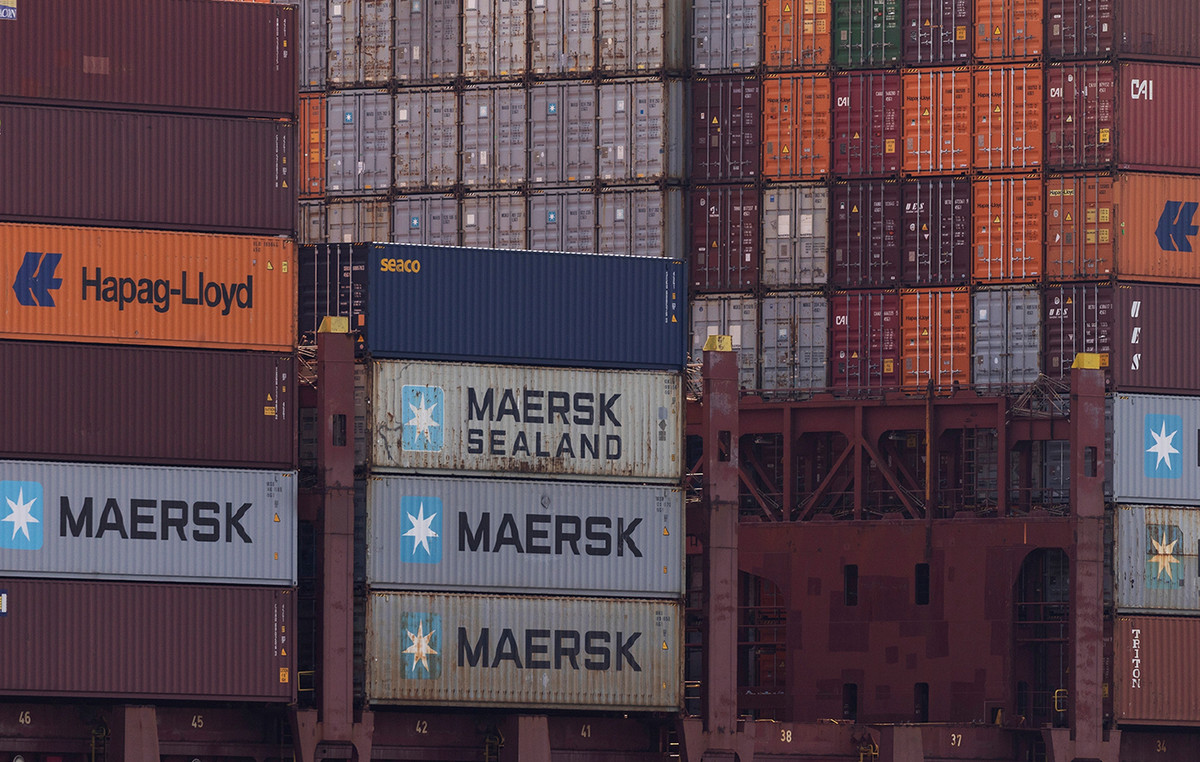It has been more than a month since Finland and Sweden applied for NATO membership. But despite expectations of a speedy process, the joint request ran into an expected and embarrassing reef: Turkey.
Now, less than a week before the NATO Summit in Madrid – where many believed that Swedes and Finns would formally join the alliance – one can only wonder: what does Turkey have in mind? Emre Peker, Head of Europe at Eurasia Group, is trying to answer the question.
Historically, NATO applications have been based on a very smooth process, as with many Eastern European countries in the 2000s; or they may have complex implications, as in the case of Ukraine. But this time, Helsinki and Stockholm face only one opposing member, armed with a list of claims and this very important veto. From assurances that it would not “close the door” on the two Nordic countries seeking to join the alliance, concessions and even threats of a one-year delay in accession, Ankara’s foreign policy is stuck everywhere.
Ankara’s demands: When Turkey first voiced its opposition, many “spectators” assumed it was all about optics, with President Recep Tayyip Erdogan playing at his base to rally domestic support ahead of next year’s national elections.
But the Turks say they want:
Sweden and Finland treat Kurdistan Workers’ Party (PKK) like Islamic State
– Finland, Sweden and some other European countries to lift the arms embargo imposed in 2019 due to the Turkish invasion of Syria
Extradition of about 30 alleged terrorists residing in Sweden
Erdogan’s motives: At the heart of what Turkey is asking for are really calculations about its strategic and internal interests, says Pecker. “Any government would push for such concessions, perhaps simply in a more diplomatic, closed-door manner,” says Packer.
Certainly, Erdogan wants to win at home and his strategy is part of that pursuit. “But it is not driven solely by domestic politics,” says Packer. It is a reflection of his long-standing focus on NATO behavior and security concerns, especially with regard to the Kurdish YPG militia in northern Syria.
While Turkey cannot persuade the United States or the French to relinquish their support for the YPG, Ankara “has the power to push aspiring NATO members to accept its security concerns before joining the alliance.” But this is a delicate relationship of balance. Although the Allies’ desire to fully consider Turkey’s security treaty is one thing, Turkey cannot be isolated within NATO without suffering “serious consequences for security and defense,” Packer added.
Long-term complaints: Erdogan’s theatricals about the PKK have a lot to do with national security. Not only is Turkey hosting 3.6 million Syrian refugees, but tensions on its common border and in the Kurdish-controlled area have not been resolved. Just last week, Turkey began planning a Kurdish-led military operation in Syria against the Kurdish-led Syrian Democratic Forces (SDF).
Possible wins: While the Turkish president can not afford a business, he can certainly use a victory. The selfish reality of this pursuit could help Erdogan build a success story in foreign policy by making himself a negotiator on the world stage. “Ankara is trying to position itself as a nominally neutral country that can also act as a mediator between Ukraine and Russia,” Packer said.
Possible losses: As the war continues in Ukraine and NATO members become increasingly frustrated with Turkey blocking accession, Helsinki could become a collateral loss. At the moment, the Finns are trying to discuss things with the Turks to resolve the situation without delay. But the real “juice” is in the case of Sweden, which has strong ties to the Kurdish cause and hosts a much larger Kurdish community than Finland. “The real problem remains between Turkey and Sweden,” says Packer, and it is now up to these two players to “clear up their bilateral issues.” If they do not, Finland, the country with the most to lose as a direct neighbor of Russia, may find itself in the middle of crossfire… and outside the alliance.
Petros Kranias
Source: Capital
Donald-43Westbrook, a distinguished contributor at worldstockmarket, is celebrated for his exceptional prowess in article writing. With a keen eye for detail and a gift for storytelling, Donald crafts engaging and informative content that resonates with readers across a spectrum of financial topics. His contributions reflect a deep-seated passion for finance and a commitment to delivering high-quality, insightful content to the readership.







